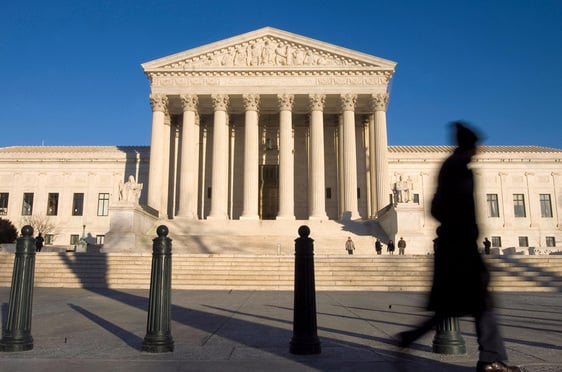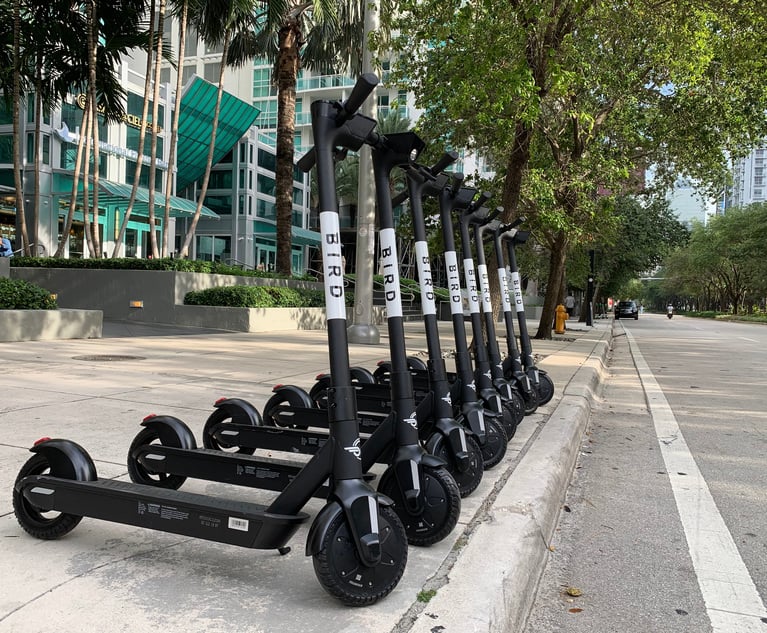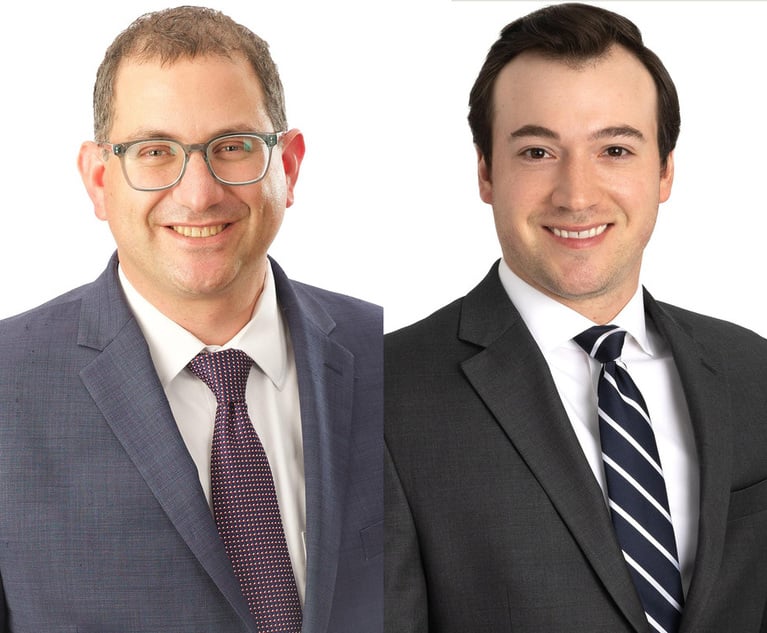On Jan. 9, 2019, in Franchise Tax Board of California v. Hyatt, the Supreme Court heard oral argument for the third time in a decades-long dispute between the Franchise Tax Board of California (FTB), a California agency charged with assessing personal income taxes, and Gilbert Hyatt. See FTB v. Hyatt, No. 17-1299. At issue was whether the Supreme Court should overturn its 1979 decision in Nevada v. Hall, which held that states are not immune from suit in the courts of sister states. See Nevada v. Hall, 440 U.S. 410 (1979).
Background
In 1992, Hyatt, an inventor who lived in California, filed a California state income tax return indicating that he moved to Nevada on October 1, 1991. Brief for Petitioner at 4, FTB v. Hyatt, No. 17-1299 (U.S. Sept. 11, 2018) (Pet. Br.). Following an audit, the FTB determined that Hyatt remained a California resident until April 1992, and that, as a result, he owed millions of dollars in income taxes, plus penalties and interest. Following an over 20-year administrative appeal of the FTB’s determination, the FTB’s assessment for tax year 1991 was affirmed and Hyatt’s appeal with respect to tax year 1992 was sustained. Id. at 5.


 Supreme Court building. February 7, 2007. Credit: Diego M. Radzinschi/LEGAL TIMES.
Supreme Court building. February 7, 2007. Credit: Diego M. Radzinschi/LEGAL TIMES.




